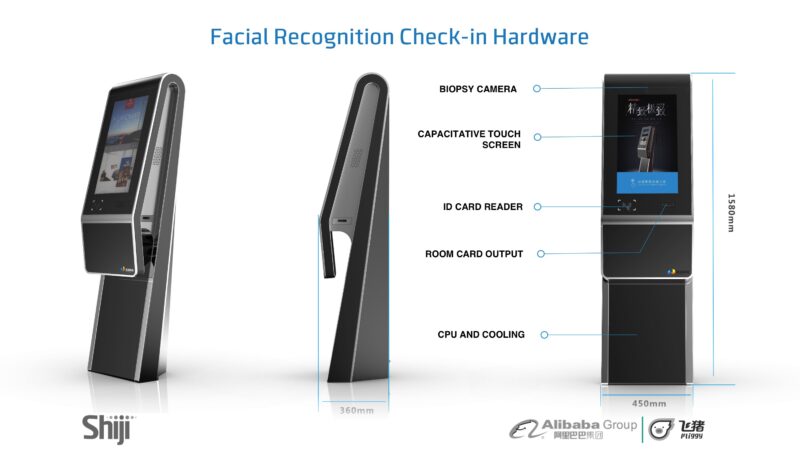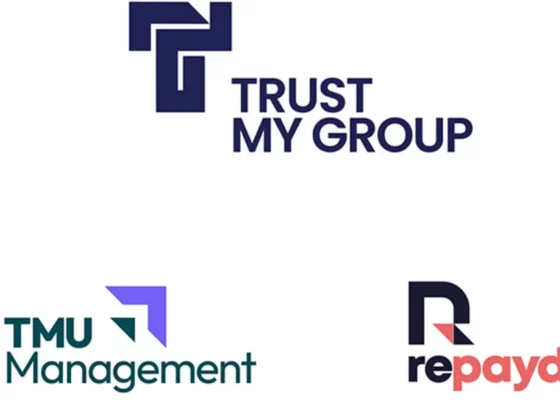
Types of AI Involved in Marketing
You cannot think about marketing without going all the way back to the first of the seven Ps: the product. Here, the big evolution came about in the 1990s, when companies began to study their consumers in greater detail, thinking more seriously about their wants and needs and using these as the starting point when creating new products and services.
Ever since, we have seen an increasing appetite for quality consumer insights, and this is the first important area where AI impacts marketing. The technology has proven itself an efficient and effective tool for data mining to generate consumer insights.
That is incredibly useful in an era where companies are data-rich to the point of being overwhelmed. Without the speed of analysis provided by AI tools, marketers risk developing consumer insights at a granular level only to find the market has already moved on.
Of course, any time we speak about consumer data, we must also acknowledge the data protection aspect. Companies have a duty to continually reassure consumers that data will not be gathered against their wishes and that any data they consent to share is handled correctly.
From a global perspective, this remains something of a “wild west,” with varying levels of protection for the consumer. In Europe, the General Data Protection Regulation (GDPR) environment affords a high degree of data protection; Australia, too, is strong in this area. Meanwhile, in the United States, your data tends to be seen more as a commodity to be traded.
As the use of AI for data mining becomes more widespread, demands for consumer protection and data security are sure to grow louder.
Benefits of Leveraging AI in Marketing
Another of the seven Ps in marketing is promotion. The most interesting development here is the migration from an advertising-led “tell and sell” approach to one focused on facilitating a conversation between brand and consumer.
When done correctly, these conversations forge lasting engagement that cannot be achieved through pure broadcast advertising—especially in the quick-fire world of social media advertising.
However, before you can converse with a consumer, you must first locate and identify them. AI technology can help a brand spotlight its customer segment more precisely, which is especially important in the luxury sphere, where premium brands do not need to speak to everyone. Luxury brands will invest more in identifying their key consumer groups, understanding where those people receive their information, and how best to engage with them in a targeted and appropriate fashion.
Challenges of Using AI in Marketing
Aside from the data security aspect, another challenge for AI in marketing—and one which can be applied across the digital marketing space—is in the area of retargeting.
As a marketing tool, retargeting remains something of a blunt instrument. Most consumers have experienced visiting a retail website only to be followed around the internet through programmatic advertising. It can be immensely off-putting and is something companies need to tackle to avoid alienating consumers. Algorithms need to become smarter and more intuitive to create actual value for the consumer.
Another challenge is ethical in nature and relates to the “P” of price, particularly the manipulation of prices based on consumer searches on online travel agents (OTAs) and aggregators.
For example, if you search for flights from London to New York on a site and then return to search again later, the prices you see may be artificially hiked because the system assumes you are a committed buyer.
Is this ethical? Opinions vary, and some might call it a form of supply-and-demand management. However, in an age when brand reputations can be shredded in moments if something negative goes viral, operators are playing a risky game.
Career Opportunities Presented by AI in Marketing
From a career perspective, there are opportunities for those skilled in taking AI-generated profiling and turning it into consumer engagement strategies, as well as for individuals capable of creating suitable content to drive conversations with target consumer groups.
We have already seen social media marketing become an in-demand discipline, and it is an area that is sure to grow.
Individuals comfortable with using technologies like blockchain are also likely to rise in prominence in the marketing space. The intersection between blockchain and AI is already evident, and blockchain can play a part in loyalty marketing, rewards marketing, and distribution.
If you want to know more, a good place to start might be the Executive Online Course dedicated to blockchain launched by Glion earlier this year.
Conclusion
Marketing remains, at its heart, a profession relying on its foundational “seven Ps.” Create a campaign based on those fundamentals, and you are unlikely to go far wrong. However, AI provides additional tools to build on the profession’s foundations and deliver new and innovative ideas.
This piece has hopefully conveyed the scale of the AI opportunity to marketers, especially in relation to the efficiency and effectiveness of mining the wealth of data they now have at their fingertips.
AI marketing solutions are likely to accelerate in development, bringing benefits such as better targeting and campaign effectiveness, more efficient content creation, and more personalized interactions between brand and customer.
As with any technological evolution, new roles and functions will emerge, creating opportunities for those who want to build a career in marketing.
There is no turning back the technological clock; so let’s embrace AI and adapt to this changing marketing landscape.







